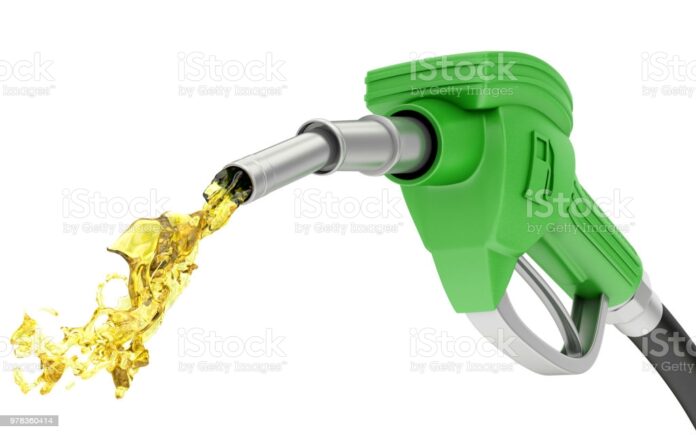Global oil consumption my increase despite energy transition
By Jeph Ajobaju, Chief Copy Editor
Major oil producers – such as Saudi Arabia, Venezuela, Nigeria, and Angola – were supposed to be in for a tough time from May 2020 when the International Energy Agency (IEA) sought immediate stoppage of drilling worldwide.
The IEA – founded by rich industrial nations after oil shocks in the 1970s to promote secure and affordable energy supplies – says the world needs to stop drilling for oil and gas to prevent a climate catastrophe.
But the call was not – and could not have been – heeded for obvious economic reasons, neither will it be in 2022 nor in the immediate future, as CNN reports below:
__________________________________________________________________
Related articles:
IEA seeks immediate end to oil drilling to save the planet
Brent at $79 pb spurs Nigeria’s biggest oil earnings in 12 years
Oil facility attacks drop nearly 85per cent since 2014
__________________________________________________________________
Reality check
Electric cars are taking over the streets, big companies are trying to be nicer to the environment and people are taking action to stop climate change.
But here’s a reality check: The world could consume more oil in 2022 than ever before.
Global energy demand rebounded strongly in 2021 as pandemic restrictions eased, and it’s expected to rise further in 2022.
The IEA predicts that global oil demand will increase by 3.3 million barrels per day (mbpd) in 2022 to 99.5 mbpd. That would match the previous demand record in 2019, before the pandemic.
Not even Omicron is expected to derail the rebound.
“New containment measures put in place to halt the spread of the virus are likely to have a more muted impact on the economy versus previous Covid waves, not least because of widespread vaccination campaigns,” the IEA wrote in December 2021.
The agency, which monitors energy market trends for the world’s richest countries, said it expects demand for road transportation fuels and petrochemicals to continue to post healthy growth.
The lone exception? The IEA did downgrade its forecast for jet fuel due to restrictions on international travel imposed by governments trying to stop the spread of Omicron.
Less impact of Omicron
Others are even less concerned about Omicron. The Organization of the Petroleum Exporting Countries (OPEC) did not change its demand forecast for 2022 in its monthly report for December.
“The impact of the new Omicron variant is expected to be mild and short-lived, as the world becomes better equipped to manage COVID-19 and its related challenges,” OPEC analysts wrote in the report.
The forecasts underscore just how dependent the world is on fossil fuels, despite efforts to address the climate crisis and huge investments in electric cars, renewable energy and cleaner fuels.
OPEC expects oil demand to increase around the world in 2022, led by countries including China, India and the United States.
But, remember: Even if the world does consume more oil in 2022 than ever before, the green transition is still underway
Some of the biggest oil companies are trying to figure out how they fit into a greener future. For more on that, check out this excellent story on CNN.




